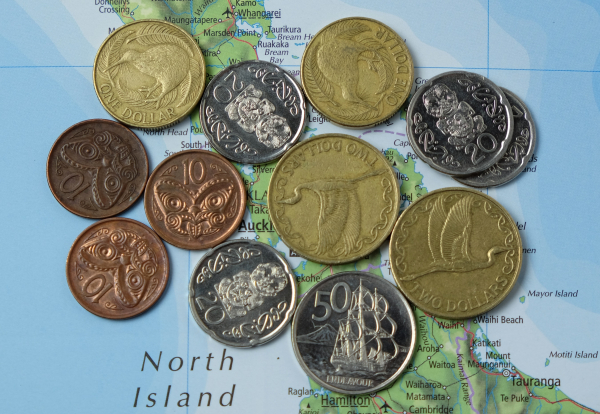
The National Government tabled its 9th consecutive budget today and, unsurprisingly, there was very little in the way of tax incentives, initiatives or regime changes. The continual evolution of tax changes and regularity of tax Bills means that in recent times there have been very few tax surprises come budget day.
The key tax change this year, included in the Family Incomes Package, is the increase in income tax thresholds for individual taxpayers. Given these changes only apply from 1 April 2018, you will need to vote National to lock them in…
As you can see from the table below, the threshold changes apply to low and middle income earners. For those earning $22,000 per annum this equates to a tax saving of $560 each year, and for those earning more than $52,000 per annum, a tax saving of $1,060 each year. However, there is a sting in the tail for some – refer further below.
Tax rate Current tax thresholds From 1 April 2018
10.5% $0 to $14,000 $0 to $22,000
17.5% $14,001 to $48,000 $22,001 to $52,000
30% $48,001 to $70,000 $52,001 to $70,000
33% more than $70,000 more than $70,000
Other tax changes included in the Family Incomes Package are as follows:
- The Independent Earner Tax Credit (“IETC”) will be repealed from 1 April 2018. Previously, those meeting the criteria and earning greater than $24,000 but less than $44,000 received a tax credit of $520. This credit abated at a rate such that no IETC arose if income was over $48,000.
The increase in the income thresholds is therefore offset for some taxpayers by the removal of the IETC. For example, from the 2018/2019 income year, a childless salary and wage earner with annual taxable income of $44,000 will pay income tax of $6,160 with no IETC, whereas previously they would have paid a net amount of tax of $6,200 (income tax of $6,720 less the IETC of $520 = $6,200 net). A saving of $40 per annum or two latte and smashed avocado on toast combo’s. Note, whilst entitlement to the IETC was limited, this change will impact many taxpayers.
- Family Tax Credit rates have also been increased - for the first child by $9 a week, and for each subsequent child, by between $18 and $27 per week. The abatement rate has increased to 25% (previously 22.5%) and the abatement threshold reduced to $35,000 (previously $36,350).
Business Tax Initiatives
The budget also signals that “black hole” expenditure is to be revisited so that more business expenses written off will become tax deductible. Black hole expenditure occurs where expenditure that has previously been capitalised is written off, but the amount written off is not eligible as a deduction for tax purposes (for example where the expense relates to the creation of depreciable property). The Government believes this will resolve a lot of black hole tax treatment.
In conjunction with the budget, a discussion document on black hole and feasibility expenditure has been issued.
For more detailed information on the budget refer to the link below.
https://www.budget.govt.nz/budget/2017/documents-data.htm
Acknowledgement: NSA Tax

